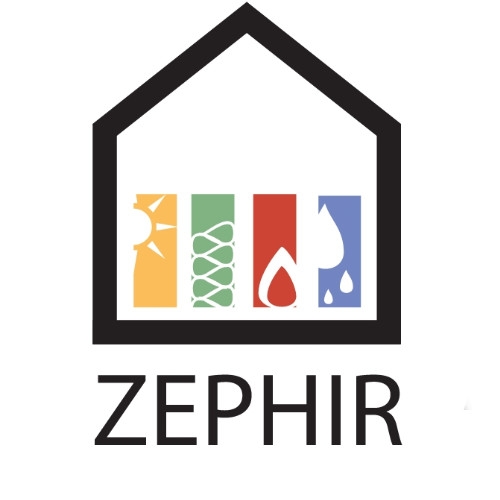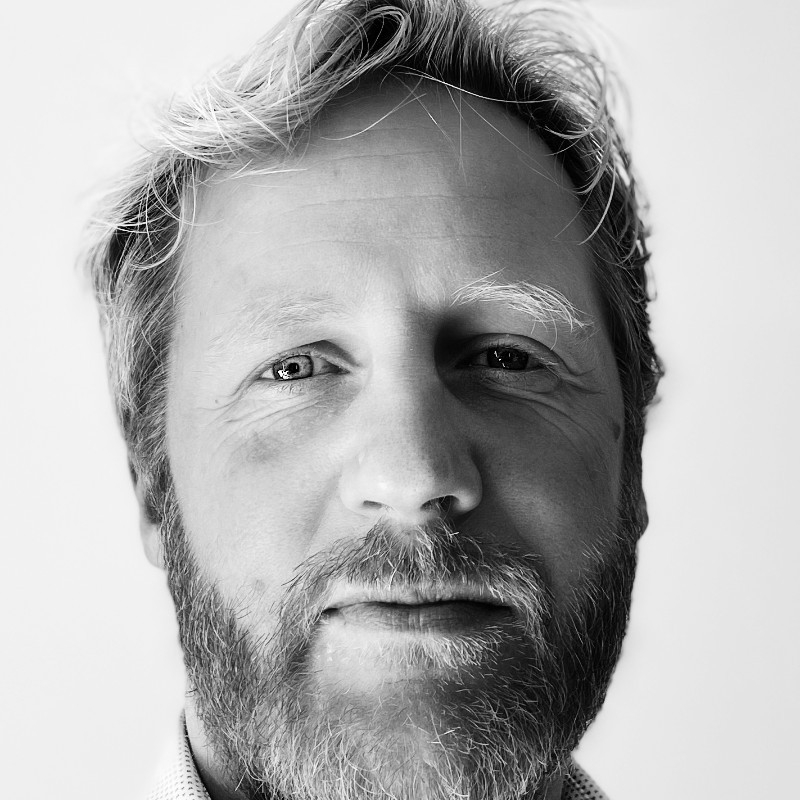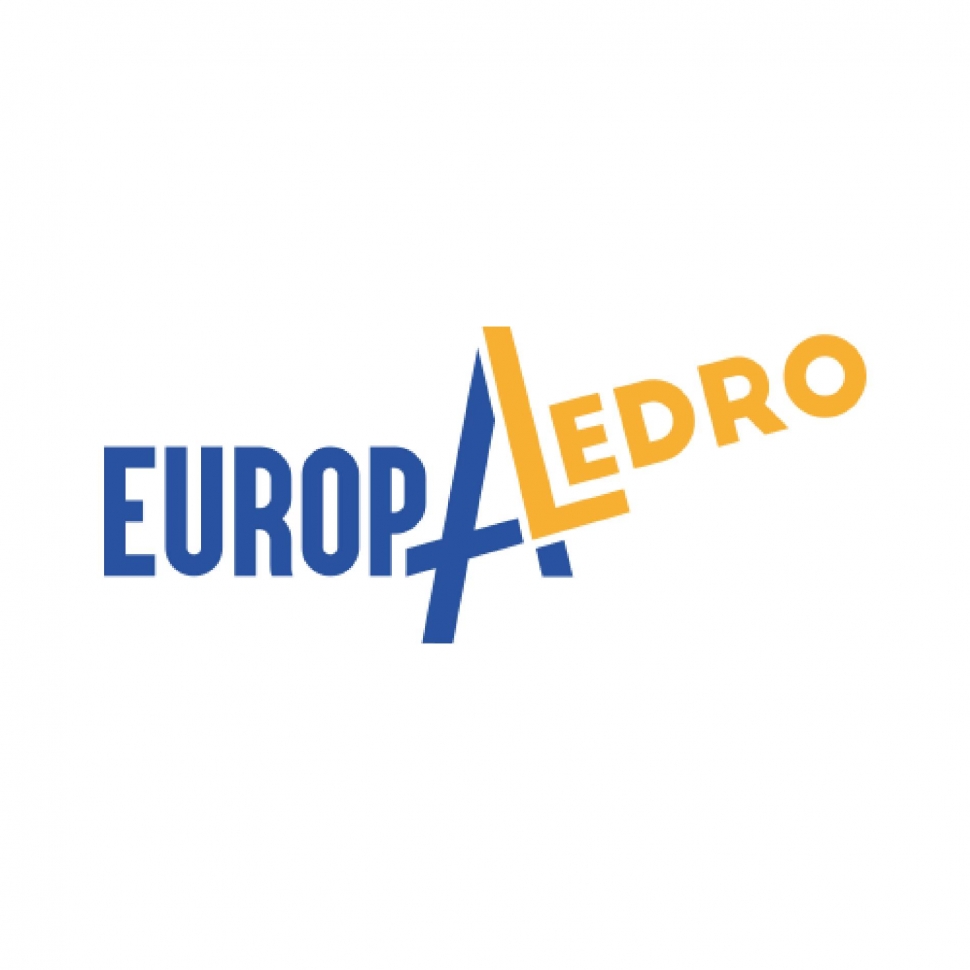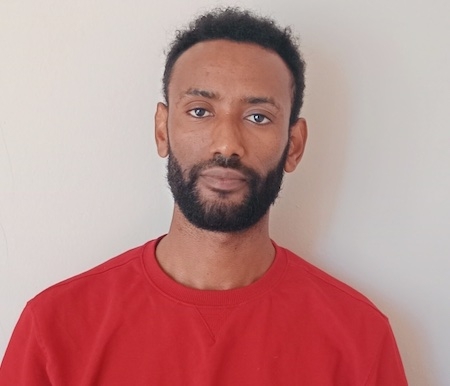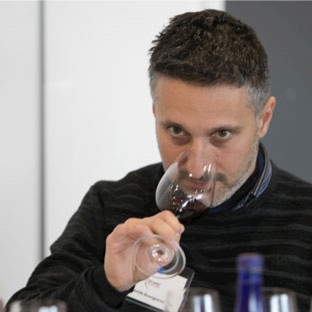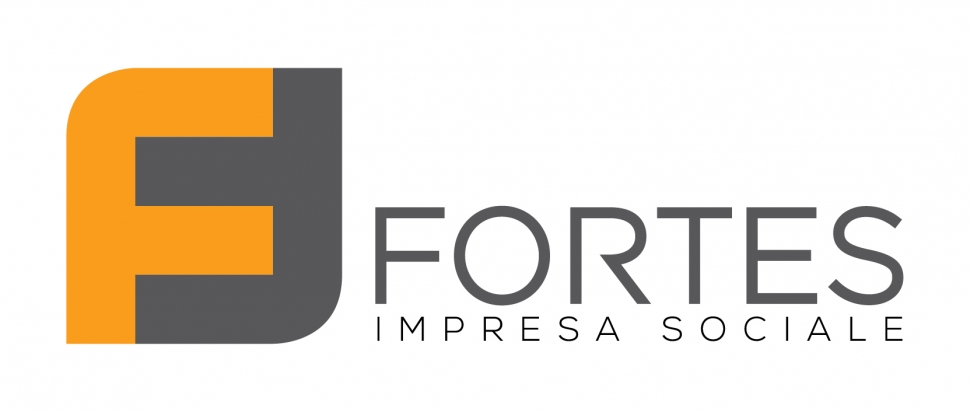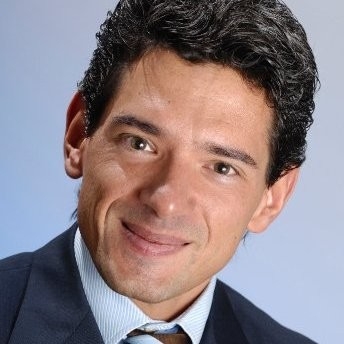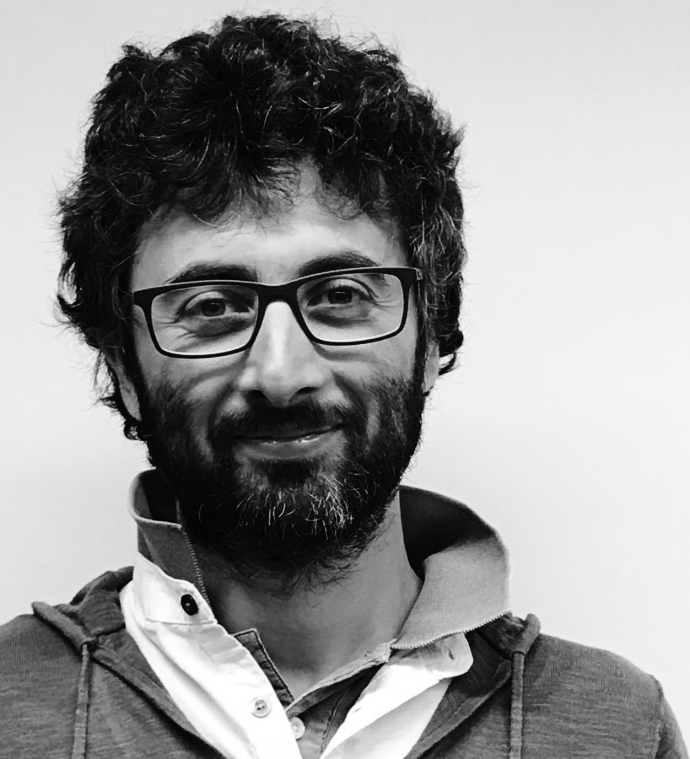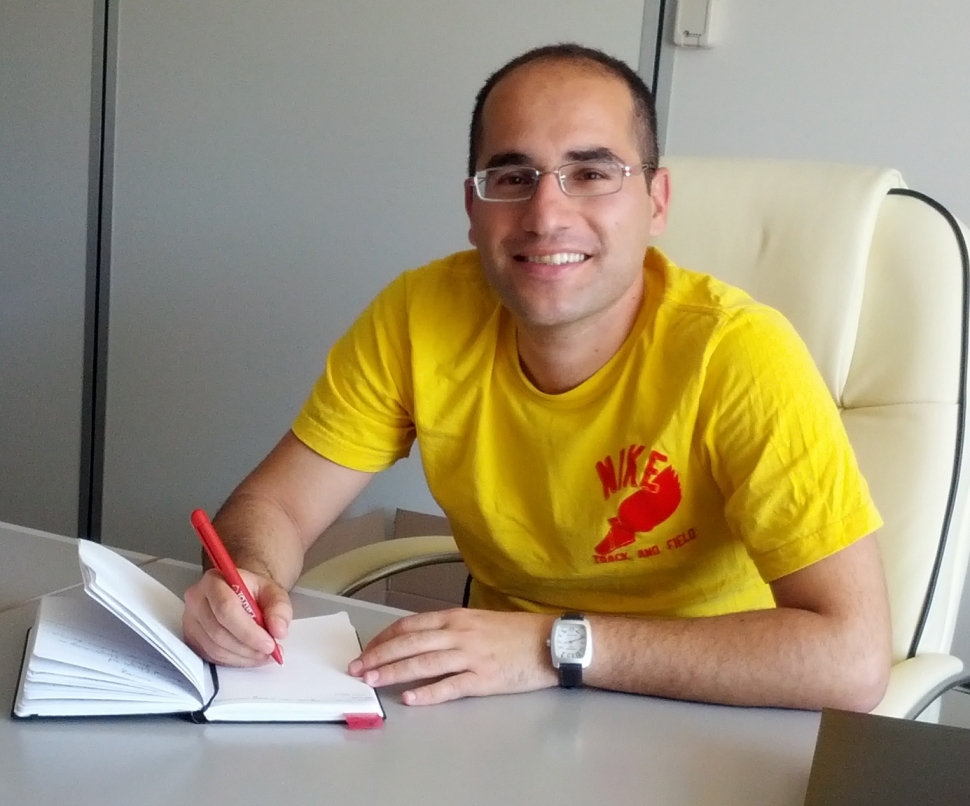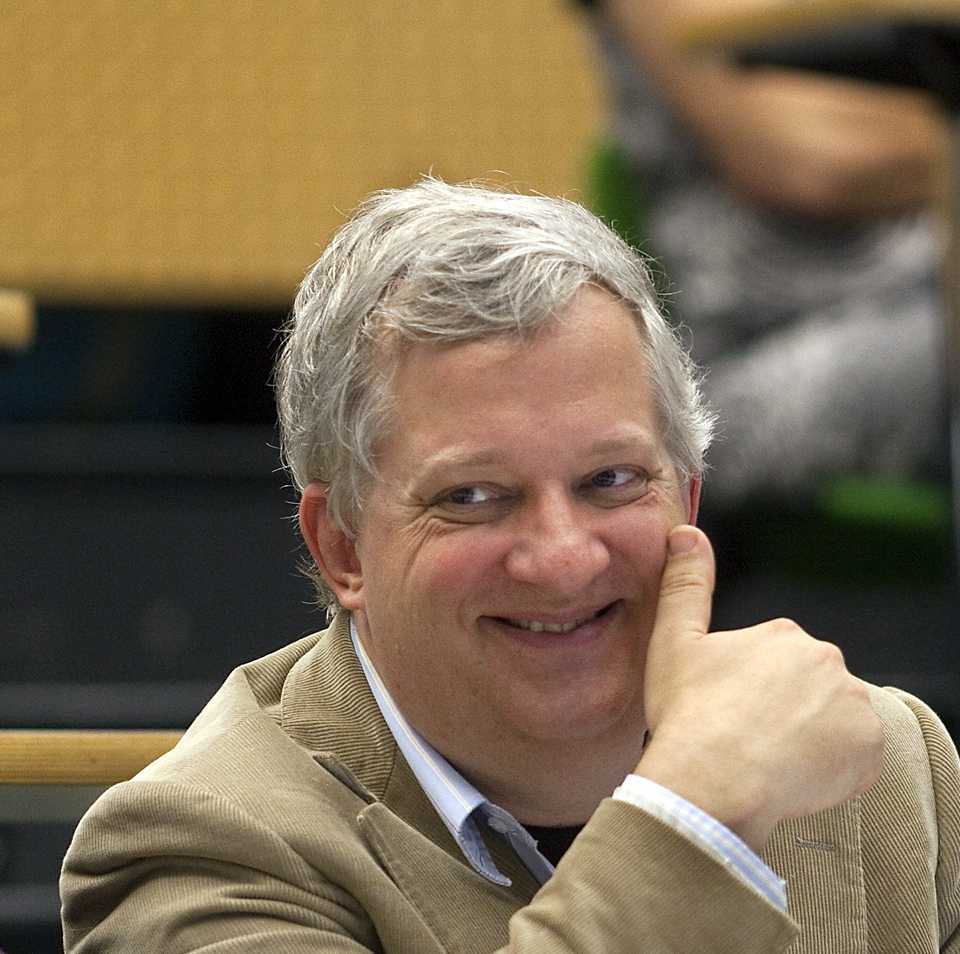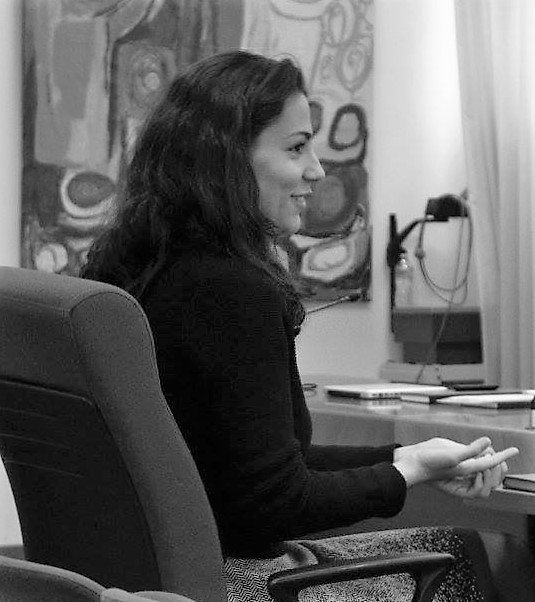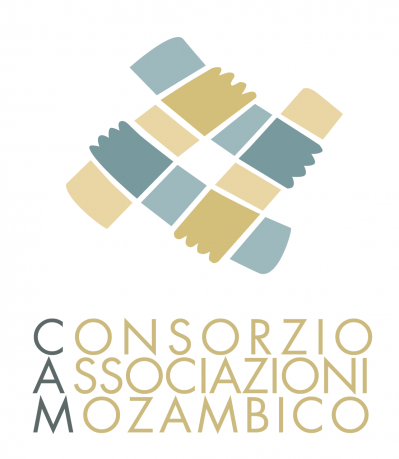
Consorzio Associazioni con il Mozambico
Looking for Extra EU Funds
Consorzio Associazioni con il Mozambico (CAM) is and Italian NGO created in 2002 and headquartered in Trento, but originally set up within an experience of decentralised cooperation between the Autonomous Province of Trento (PAT), situated in the northeastern part of Italy, and Caia district in the north of Sofala Province. The project started in 2000 in the framework of the Programme for Local Human Development that UNOPS (United Nations Organization for Project Service) was managing in Mozambique, with funds among others of the Italian Ministry of Foreign Affairs. This led to the signature of a cooperation agreement between PAT and the Province of Sofala in 2002, updated in 2005, based on the construction of territorial partnerships and on the beginning of new cooperation relationships between decentralised entities and civil society actors in the two territories.
CAM was officially founded in 2002 by five associations already operating in Mozambique. Since its establishment in 2002, the identity of CAM matched with a multisectoral community cooperation programme "Trentino in Mozambique - Mozambique in Trentino" that the organisation coordinated with and on behalf of the Autonomous Province of Trento in the districts of Caia and Marromeu. In the last few years, CAM expanded its geographical area of intervention in Central Mozambique. In particular, since 2016, CAM has been implementing various projects in Beira in the area of waste management and more recently water and sanitation.
PROJECTS AND AREAS OF INTERVENTION
CAM operates in a multi-sectoral and integrated development programme in Sofala Province, central Mozambique. The logic of this programme is to maximize the impact of sectoral interventions and achieve sustainable development at local level. CAM’s direct and long-term intervention primarily intend to tackle the basic-needs of the population, enhance the skills of the people involved in our projects, and strengthen the capacities of community-organisations and local institutions.
Currently, CAM is implementing various projects in three main areas of intervention:
- Human Development (education and home-care);
- Economic Development (financial inclusion);
- Environment and Territory (spatial/urban planning, technical assistance, solid waste management, WASH).
CAM’s activities consist of home-care assistance for disadvantaged people and chronic diseases patients, technical education, pre-school education, integrated water resource management, rural and urban planning and integrated management of urban environment, microcredit and agriculture.
In Mozambique, CAM has it’s headquarter in Beira and employs locally approximately 80 people. It counts upon various field-offices in the North of Sofala and implements multi sectoral projects in the following geographical areas:
- Municipality of Beira
- Caia District: Caia, Sena and Murraça
- Marromeu District
- Inhaminga
- Nampula Distict: Nampula


